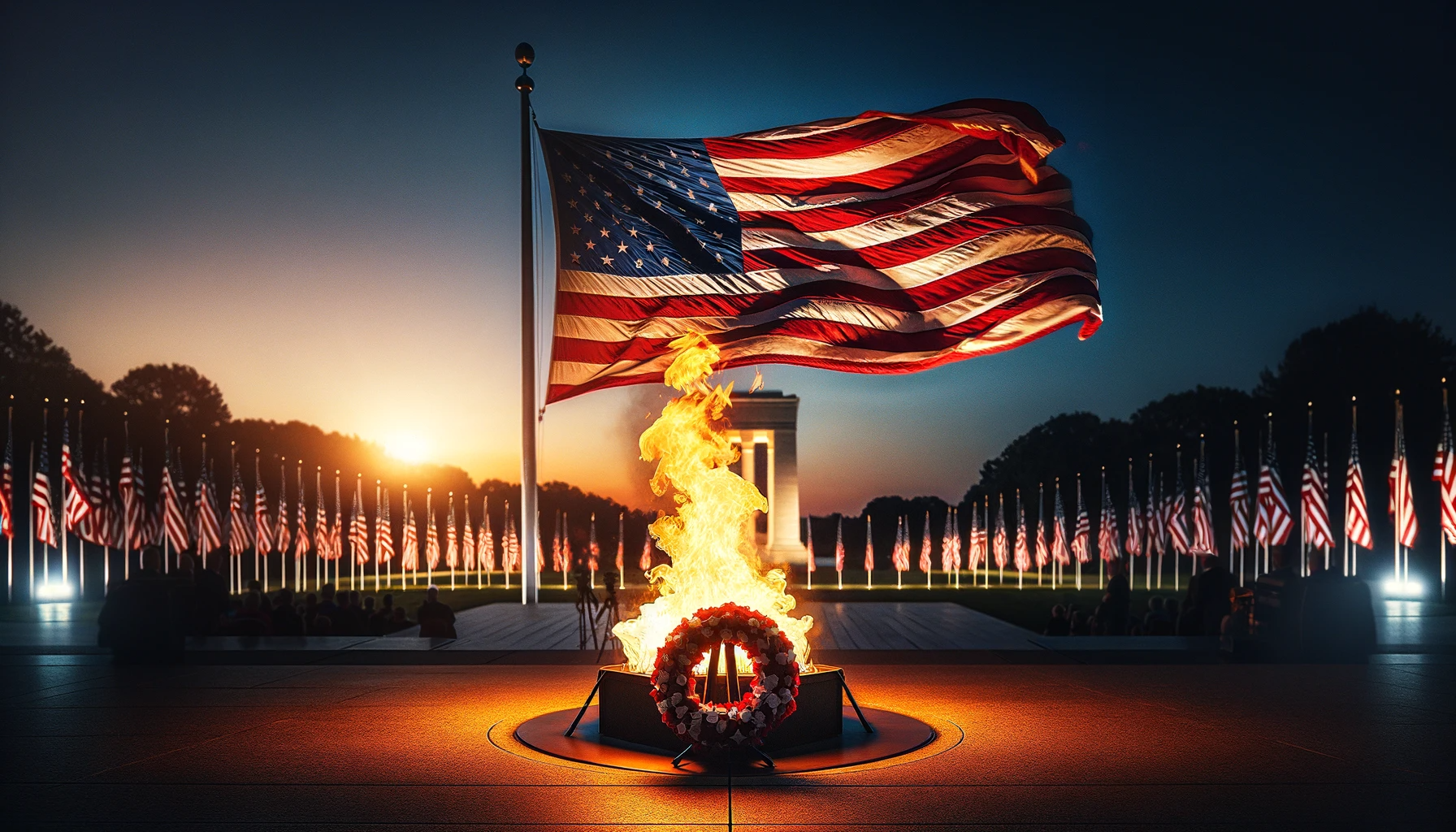Burning the American flag, a symbol of the United States and its values, is a controversial act that often sparks debate about the boundaries of free speech and respect for national symbols. This article explores the legality of flag burning in the United States, examining the relevant laws and significant court decisions that define this issue.
Constitutional Protections and Supreme Court Rulings
The primary protection for burning the American flag as a form of protest comes from the First Amendment of the U.S. Constitution, which guarantees freedom of speech. The U.S. Supreme Court has ruled on several occasions that flag burning is a form of symbolic speech protected by the First Amendment.
Key Cases:
- Texas v. Johnson (1989): In this landmark decision, the Supreme Court struck down a Texas law that prohibited desecrating a venerated object, including the American flag, ruling that flag burning is constitutionally protected free speech.
- United States v. Eichman (1990): Following Texas v. Johnson, Congress passed the Flag Protection Act of 1989, which made it a federal crime to desecrate the flag. However, the Supreme Court ruled in United States v. Eichman that the act was unconstitutional, reaffirming the right to burn the flag in protest.
Current Federal Law and State Regulations
As a result of these Supreme Court decisions, there is no current federal law that specifically makes burning the American flag illegal. However, general laws concerning public safety, fire safety, and disturbances still apply. For instance, burning a flag in a manner that presents a fire hazard or incites imminent violence or a riot may lead to legal consequences under these broader statutes.
State Laws:
While states cannot outlaw flag burning due to its protection as free speech, they may regulate the circumstances under which a flag may be burned, often requiring permits for fires or demonstrations in public places to ensure public safety and order.
Public Sentiment and Legislative Attempts
Despite the Supreme Court’s rulings, public sentiment about flag burning remains divided, and there have been numerous legislative attempts to amend the Constitution to allow Congress to ban flag desecration. However, none of these proposed amendments have succeeded in gaining the necessary support to pass.
Legal Considerations for Flag Burning
Individuals considering burning the American flag as a form of protest should be aware of:
- Local Fire Codes: Compliance with local fire safety regulations is necessary to avoid legal issues unrelated to the act of flag burning itself.
- Context of the Act: While flag burning is protected as free speech, actions accompanying the act, such as threats or incitement to violence, are not protected and can be prosecuted.
Conclusion
Burning the American flag, while often viewed as disrespectful by many, is protected under the First Amendment as a form of free speech. This protection underscores the value placed on freedom of expression in the United States, even when that expression takes forms that may be unpopular or offensive to others.
References
- Texas v. Johnson, 491 U.S. 397 (1989), https://www.law.cornell.edu/supremecourt/text/491/397
- United States v. Eichman, 496 U.S. 310 (1990), https://www.law.cornell.edu/supremecourt/text/496/310









Leave a Reply